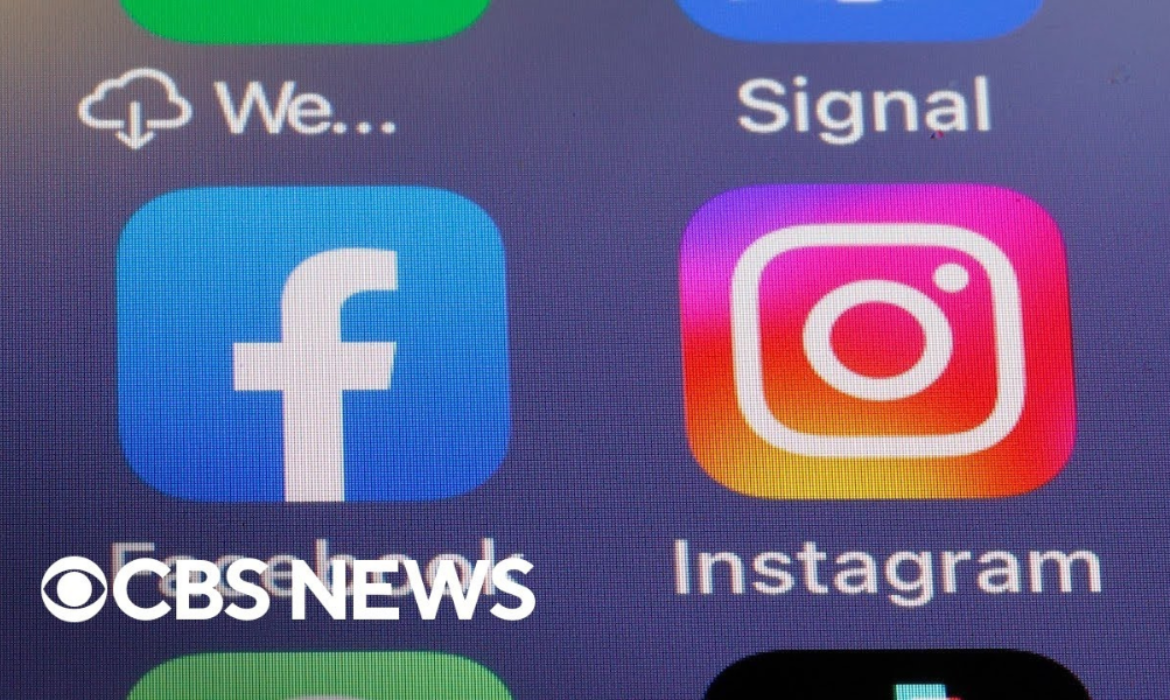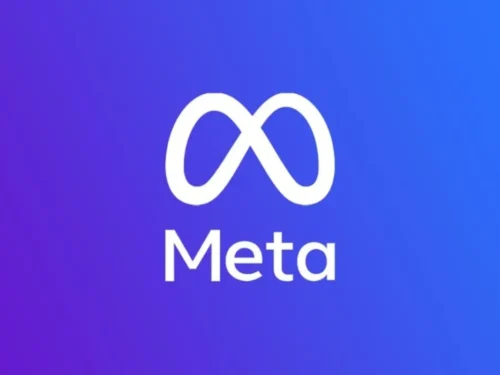Meta Follows Twitter’s Lead, Unveils Paid Verification Service for FB & IG
Meta Platforms Inc. (formerly known as Facebook Inc.) has launched a new paid subscription service, allowing users to verify their accounts using government-issued identification. This verification will give users a blue tick mark, similar to what is already available on Twitter, to indicate that their accounts are authentic.
It will cost $11.99 for web access or $14.99 a month on iOS and Android. Meta’s new subscription service, which grants users a verification badge in exchange for a monthly fee, is similar to Twitter’s revamped Twitter Blue service. There will be no changes to accounts on Instagram and Facebook that are already verified based on prior requirements, including authenticity and notability.
How will subscribers benefit?
Subscribers to Meta’s new paid subscription service will enjoy several benefits, including,
- Account Verification
- Protection from impersonators
- Increased visibility of their posts
- Easy access to customer service
- Increased exposure on Instagram’s Explore page and Reels
- Reduction in fake accounts
Zuckerberg in a Facebook post said, Meta Verified “is about increasing authenticity and security across our services.”
Meta is the latest social platform to add a paid subscription feature. But why?
Meta’s introduction of pay-for-identity verification on social media is a sign of the company’s efforts to diversify its revenue streams. Its ad business has declined following Apple’s decision to curtail its ability to track users’ online activities on iOS after it introduced stringent privacy changes. Last year, Facebook, which makes its money almost entirely through advertising, estimated that Apple’s move would lose the company $10 billion in ad revenue by 2022.
Meta is already late to the party! Other major platforms, including YouTube, Twitter, and Snapchat, have already launched premium subscription services to appeal to their most dedicated users and increase their average revenue per user (ARPU).
Meta Verified will be rolled out first in Australia and New Zealand this week and in other countries soon. While most other platforms have tested subscription plans in the U.S., Meta plans to start with a smaller market.
Paid verification badge programs are becoming more common as companies attempt to generate additional revenue. However, users are increasingly selective about paid services, even for products and services they receive. Identity verification is particularly intangible, which may make it even less appealing to users. Although it is a smart move to help diversify against the dependence on ad revenue, its success is undetermined. Conservatively, even if it converts a small percentage of its monthly active users, it can generate meaningful revenue.
It will be interesting to witness if the users find it valuable to pay for these services.
Interesting Read: The AI Search War: Microsoft & Google Compete for Search Engine Leadership
Author Profile

- Neha Mehta
- Neha started her journey as a financial professional but soon realized her passion for writing and is now living her dreams as a content writer. Her goal is to enlighten the audience on various topics through her writing and in-depth research. She is geeky and friendly. When not busy writing, she is spending time with her little one or travelling.
Latest Posts
 Interview and Guest PostJuly 19, 2024Navigating Ad Tech: Equativ’s Jacqueline Chua’s Strategic Insights
Interview and Guest PostJuly 19, 2024Navigating Ad Tech: Equativ’s Jacqueline Chua’s Strategic Insights Interview and Guest PostJune 21, 2024CTV Exploration: Chandrahas Shetty, Demand Facilitation Lead, India, On Growth And Privacy
Interview and Guest PostJune 21, 2024CTV Exploration: Chandrahas Shetty, Demand Facilitation Lead, India, On Growth And Privacy Interview and Guest PostJune 14, 2024Advertising Evolution: Rasha El-Ghoussaini on Snap Inc.
Interview and Guest PostJune 14, 2024Advertising Evolution: Rasha El-Ghoussaini on Snap Inc. Interview and Guest PostJune 5, 2024Navigating Digital Waves: Shrenik Gandhi’s Journey with WRM
Interview and Guest PostJune 5, 2024Navigating Digital Waves: Shrenik Gandhi’s Journey with WRM










